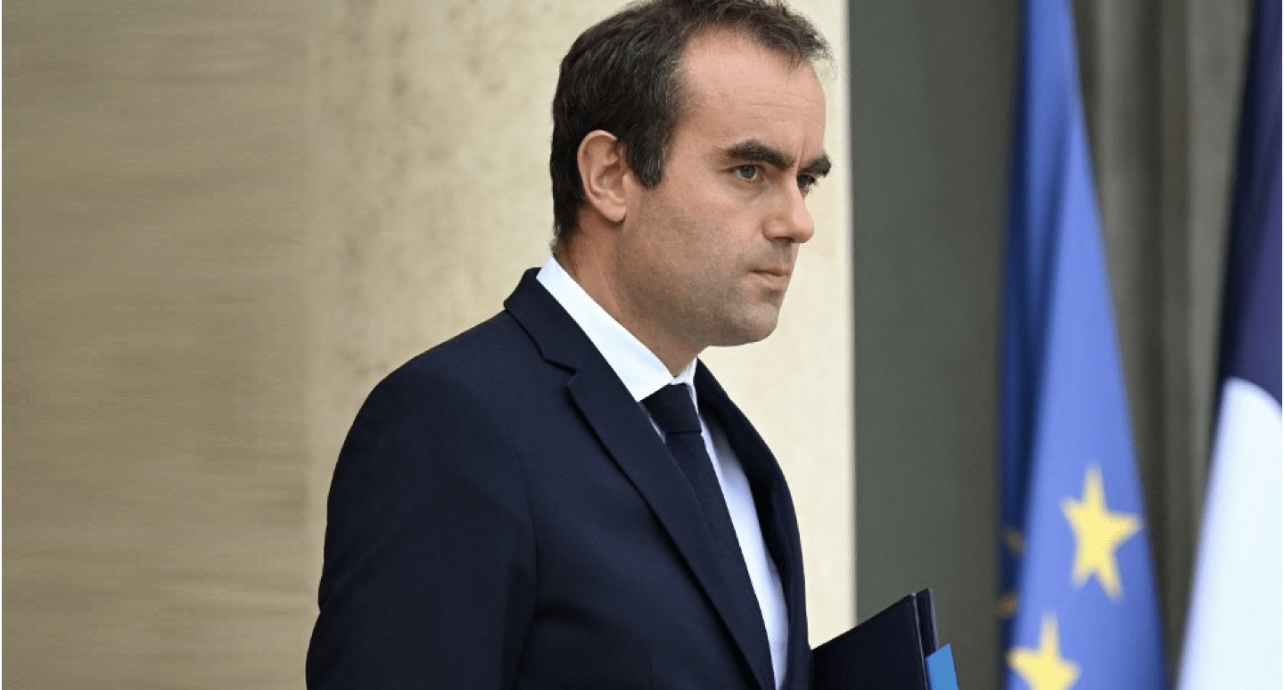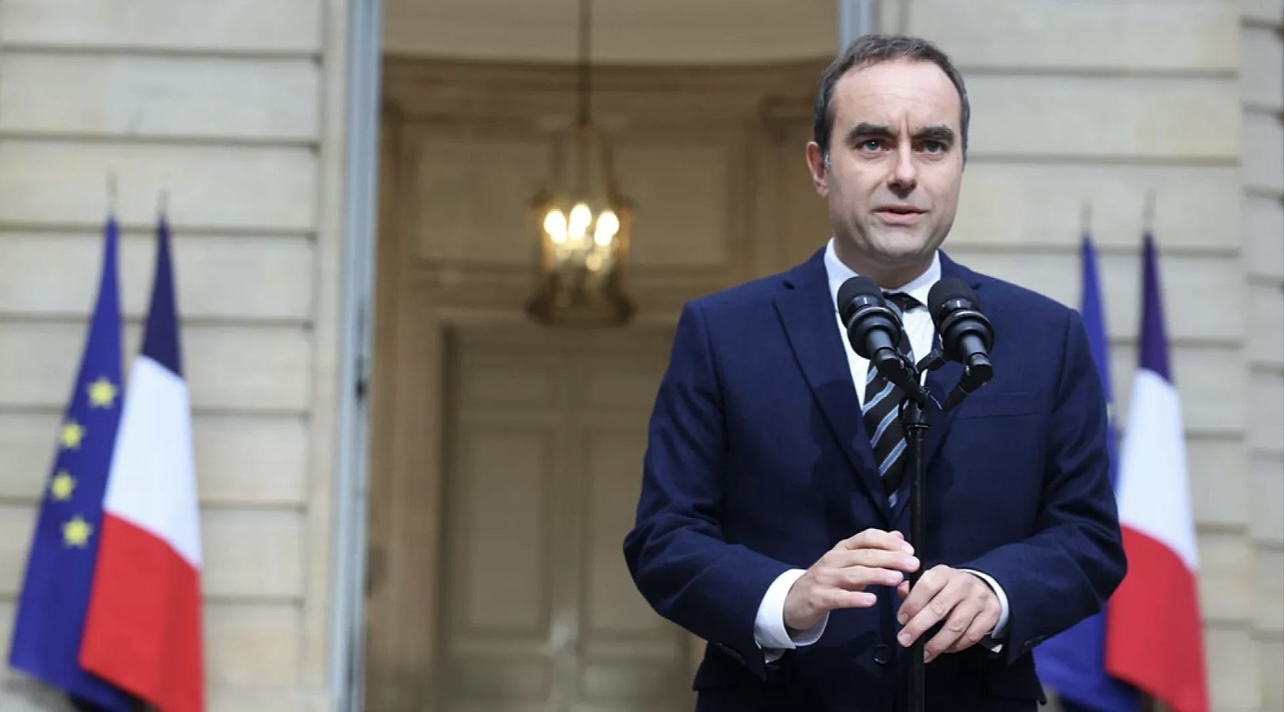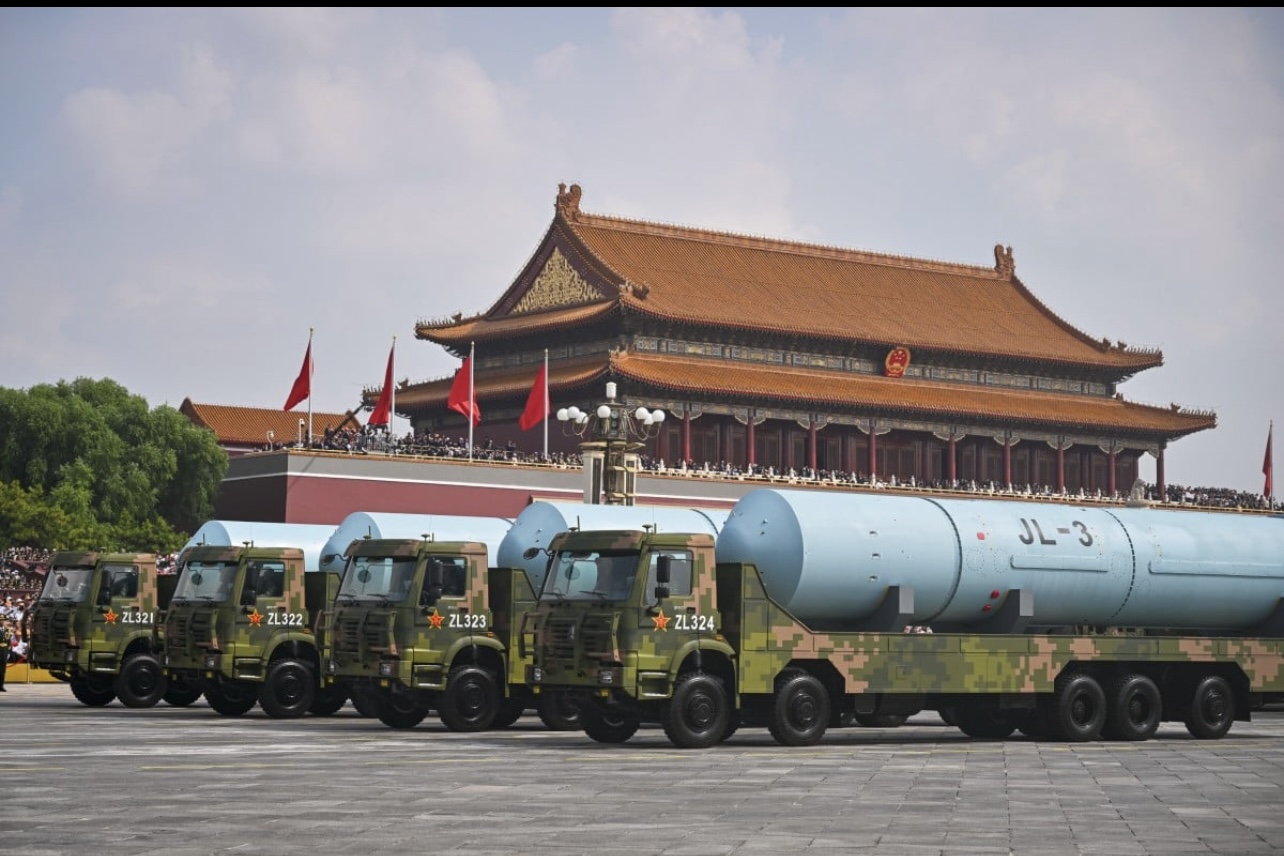France was plunged into fresh political turmoil on Monday after Prime Minister Sébastien Lecornu tendered his resignation, just weeks after his appointment and only hours after unveiling a new cabinet. President Emmanuel Macron accepted the resignation, the Élysée said.
Lecornu ,who had taken office on 9 September and became the fourth person to hold the premiership in about a year , stepped down saying “the conditions were no longer in place for me to carry out my duties,” and insisting that he had been “ready for compromise.” His departure makes him one of the shortest-serving prime ministers of the Fifth Republic.

The sudden exit followed a wave of criticism over the composition of his cabinet, which opponents and some allies said was barely distinguishable from that of his predecessor and failed to deliver the “profound break” Lecornu had promised. Opposition parties had signalled they would seek to bring down the government with no-confidence motions, a prospect that aides say left Lecornu with little room to govern.
Markets reacted swiftly to the political shock: France’s CAC-40 index fell and bond yields rose as investors fretted over the grip on fiscal policy at a time when Paris is wrestling with high public debt and the need to pass next year’s budget. Analysts warned the instability increases the prospect of either a quick Macron-led reshuffle or the more drastic step of dissolving parliament and calling fresh elections.
Reactions were immediate and sharp across France’s political spectrum. Left-wing lawmakers accused the government of collapse through its own failings, while far-right leaders demanded snap elections and blamed Macron’s strategy for deepening the crisis. With ministers left in caretaker roles, attention now turns to the Élysée: whether Macron will name a replacement quickly, seek a broader coalition, or call a dissolution of the National Assembly.
The resignation caps months of instability following snap elections that produced a fragmented parliament — a situation that has repeatedly hampered attempts to pass major fiscal and social reforms. Lecornu had publicly vowed to avoid heavy-handed constitutional shortcuts and to seek consensus; opponents said the new government lacked the credibility to secure it.
What happens next
Under French practice, ministers remain in office on a caretaker basis until a new prime minister and government are appointed. The Élysée is expected to consult with political leaders in the coming days before naming a successor or announcing a broader political response. The coming 48–72 hours will be watched closely in Paris and in markets.



